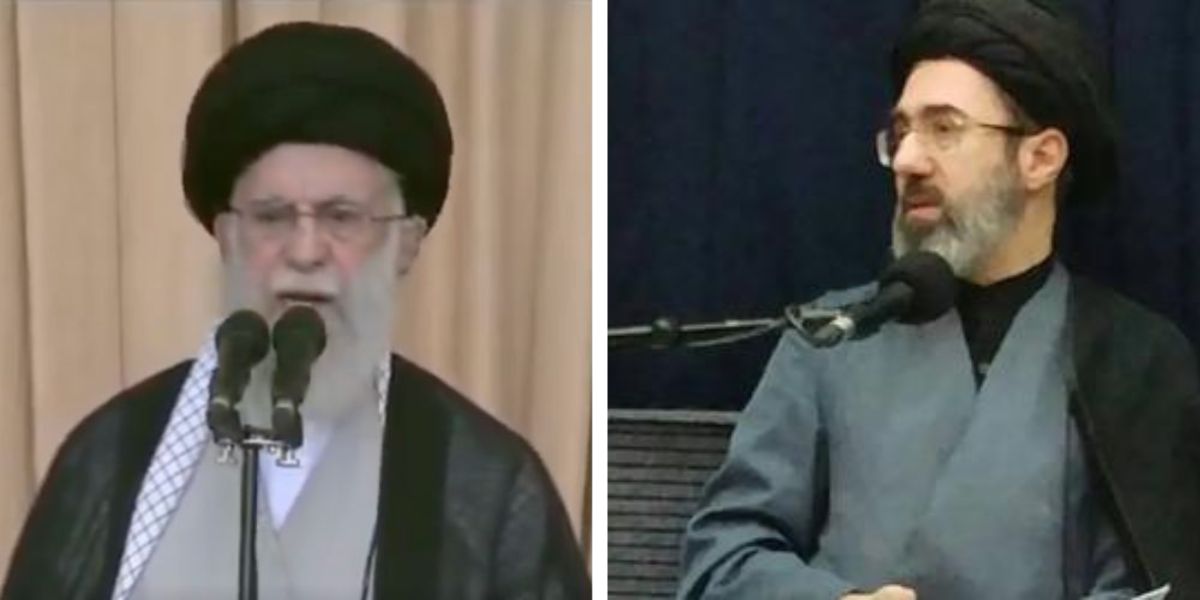After being offered her first professional contract with the Ultimate Pool Tour, pool player Lynne Pinches turned down the opportunity because of the World Eightball Pool Federation (WEPF) policy of allowing trans-identified males to compete with women.
In an interview with the BBC, Pinches said, "I took my £200 deposit back. I'm sticking to my principles. I don't want to face the transgender players who would be on that tour. I don't think it's fair."
In August the WEPF previously held that male players would not be able to play against "naturally-born women." That policy was reversed a couple of months later.
"Transgender and non-binary players will be able to participate in the women’s series across World Eightball Pool Federation and Ultimate Pool Group events," the WEPF statement said at the time.
Pinches noted that the reversal was the last straw for her. "The U-turn was the nail in the coffin for me, I was done then," she said."
"I've never been offered a professional contract before, I've never played as well as this before. I feel l have fought hard for it," the 51-year-old added. "I'm absolutely gutted that I've dropped out, my heart wants to be on the Ultimate Pool Tour. I feel excluded even though I've self-excluded."
"I'm doing this because I want to fight for the future of young people who are saying they want to quit (playing pool) before they even start," she added. "You can't bring up the hopes of hundreds of women and say you're going to have a female-only section in August, and then change that eight weeks later."
In a statement on X, Pinches said, "Totally from the heart. Feeling lost but I will not give up." She added, "The support from everyone around the world is what's keeping me going right now. Thanks to every single one of you.
In November, Pinches conceded a match to a transgender competitor in the championship match of the Women's Champion of Champions tournament protesting the governing body's decision.
"That was the first time I've ever conceded a match - it's an extremely difficult thing to do," she said. "I just thought, I don't think I can, hand on heart, carry on lying to myself and play in this game when I feel it's so unfair. This isn't a trans issue, it's a fairness issue. It's not about any individual."
The Ultimate Pool Group transgender policy uses the Equality Act 2010 to defend its decision to allow males to compete in women's pool. It notes that the "UPG operates a self-identification policy with respect to gender and reserves the right to test hormone/testosterone levels in line with current IOC guidance."
In an interview with the BBC, Pinches said, "I took my £200 deposit back. I'm sticking to my principles. I don't want to face the transgender players who would be on that tour. I don't think it's fair."
In August the WEPF previously held that male players would not be able to play against "naturally-born women." That policy was reversed a couple of months later.
"Transgender and non-binary players will be able to participate in the women’s series across World Eightball Pool Federation and Ultimate Pool Group events," the WEPF statement said at the time.
Pinches noted that the reversal was the last straw for her. "The U-turn was the nail in the coffin for me, I was done then," she said."
"I've never been offered a professional contract before, I've never played as well as this before. I feel l have fought hard for it," the 51-year-old added. "I'm absolutely gutted that I've dropped out, my heart wants to be on the Ultimate Pool Tour. I feel excluded even though I've self-excluded."
"I'm doing this because I want to fight for the future of young people who are saying they want to quit (playing pool) before they even start," she added. "You can't bring up the hopes of hundreds of women and say you're going to have a female-only section in August, and then change that eight weeks later."
In a statement on X, Pinches said, "Totally from the heart. Feeling lost but I will not give up." She added, "The support from everyone around the world is what's keeping me going right now. Thanks to every single one of you.
In November, Pinches conceded a match to a transgender competitor in the championship match of the Women's Champion of Champions tournament protesting the governing body's decision.
"That was the first time I've ever conceded a match - it's an extremely difficult thing to do," she said. "I just thought, I don't think I can, hand on heart, carry on lying to myself and play in this game when I feel it's so unfair. This isn't a trans issue, it's a fairness issue. It's not about any individual."
The Ultimate Pool Group transgender policy uses the Equality Act 2010 to defend its decision to allow males to compete in women's pool. It notes that the "UPG operates a self-identification policy with respect to gender and reserves the right to test hormone/testosterone levels in line with current IOC guidance."





